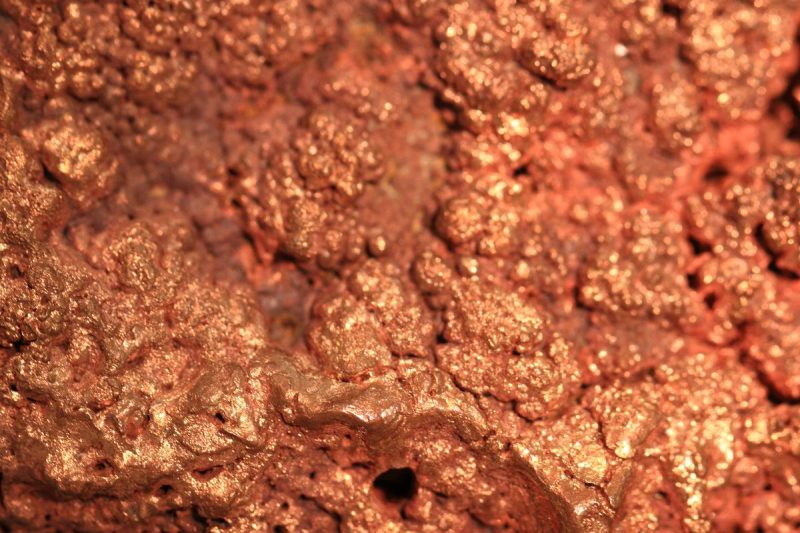Copper Refining: From Ore to Market
Mining and Extraction Process
The process of copper refining starts with exploration and development of copper ore deposits, followed by mining activities to extract the copper-bearing ore. Once the ore is extracted from the ground, it is crushed and then ground into fine particles through a series of crushing and grinding processes. Subsequently, the copper ore particles are concentrated through flotation, where the copper minerals are separated from the non-copper minerals using various reagents and flotation techniques.
Once the copper minerals are separated, the concentrate is further processed through smelting to extract the copper metal. In the smelting process, the copper concentrate is heated with a reducing agent such as coke or charcoal in a furnace. This process removes the sulfur present in the concentrate and produces molten copper metal.
Refining and Purification
The molten copper obtained from the smelting process contains impurities such as sulfur, iron, and other elements that need to be removed to produce high-purity copper. The refining process involves several stages of purification to remove these impurities and produce pure copper metal.
One common refining method is electrolysis, where the molten copper is electrolyzed in an electrolytic cell containing a copper sulfate solution. During electrolysis, copper ions migrate from the anode to the cathode, where they plate out as pure copper metal. At the same time, impurities such as iron and sulfur accumulate in the anode mud or slag, which can be further processed to recover valuable metals.
Market and Applications
The refined copper metal is then cast into various shapes such as ingots, bars, or rods, depending on the market demand and requirements. Copper is a versatile metal with a wide range of applications, making it an essential commodity in various industries including electrical, construction, automotive, and electronics.
In the electrical industry, copper is widely used in wiring, cables, and electrical components due to its excellent conductivity and corrosion resistance. In the construction industry, copper is used in plumbing systems, roofing materials, and architectural applications. Copper is also used in the automotive industry for manufacturing radiators, brake systems, and wiring harnesses.
Overall, the process of copper refining from ore to market involves numerous complex steps that require careful planning, expertise, and technological advancements to produce high-quality copper products for diverse applications. The demand for copper continues to grow, driven by the increasing need for sustainable and energy-efficient solutions in various industries, making copper a valuable and indispensable metal in the global market.
